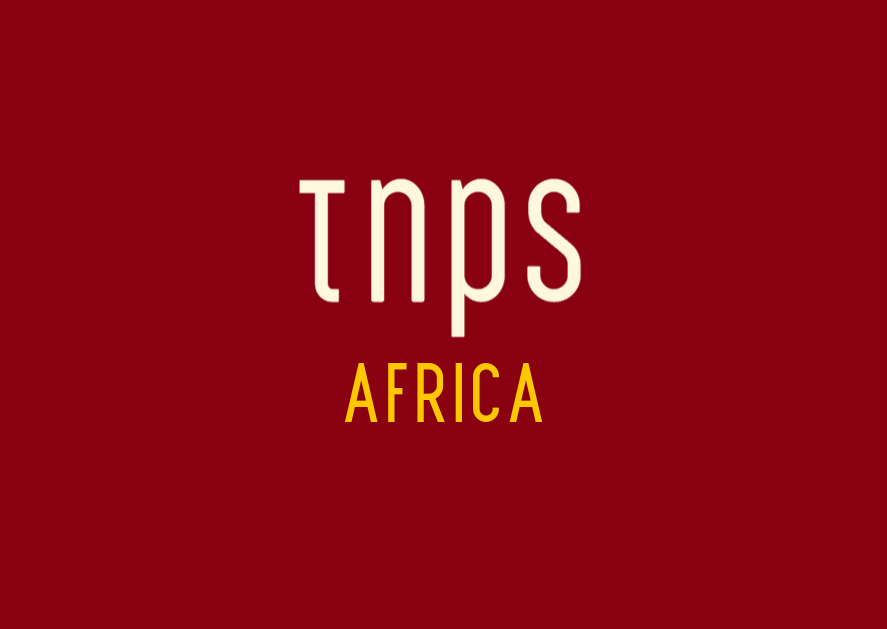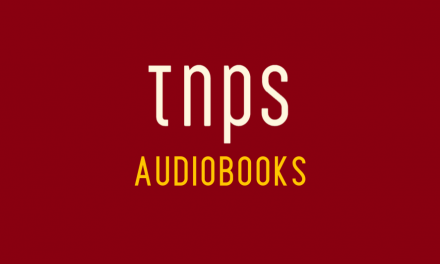The Buchmesse largely paid lip-service to the digital alternative while holding out hope the in-person event would go ahead. The ugly sister was to get a cheap make-over, but not plastic surgery.
Dressed up as “streamlining and restructuring”, the world’s largest trade publishing fair is finally catching up with the 21st century this year, embracing the digital advantage and opening up the fair to the world.
Of course the Buchmesse has long been a leader in pushing the global element of the publishing industry, but its approach was always, right up until 2020, via the analogue 20th century model that involved hauling people and companies halfway around the world to be paraded before an audience that likewise had to be able to travel half way around the world to engage.
By definition that closed off huge audience reach globally and denied publishing stakeholders in much of the world a realistic opportunity to engage. If a would-be participant or observer could not afford to be there or was not lucky enough to be on the much-valued subsidised invite list then the Buchmesse was just something we got to read about in the trade journals, and then of course only snippets from what the trade journalists had cobbled together. Because with the best will in the world the reporters who were able to be there could only be in one place and monitor one event at a time.
Which all made so much sense back in the heady days of the twentieth century when there really was no alternative. But in the late 2010s?
Why was it that even as the pandemic took off in the spring of 2020 the Buchmesse, along with almost every other trade event (DBW the notable exception – all credit to Bradley Metrock), was stubbornly insisting the show would go on as it had always gone on?

Reporting for the Buchmesse journal Publishing Perspectives, Porter Anderson said this past week that, having pulled in 200,000 digital participants in October, the Frankfurt Book was,
“modernising its concept” and restructuring some of its staffing (to) “ensure the continued existence of the fair” long-term.
Buchmesse CEO Juergen Boos, assuring us the traditional fair would resume in 2021 assuming Covid-19 conditions allowed, said in a press release,
At the same time, we must open ourselves up to alternative marketing and dialogue formats in order to meet the changing needs of all market participants.
For Publishing Perspectives Anderson tells us that,
Frankfurt produced a reported 70+ hours of conference programming, drawing 148,000 unique users to its trade-visitor days and a total attendance of at least 200,000 for that and its broader programming, October 14 to 18 (and that) the Frankfurt Rights platform reported:
• 4,165 registered buyers and sellers
• 31,100 titles uploaded by Frankfurter Buchmesse 2020 members
• 400,000 titles, all told, on the platform
(While) the program’s B2B “matchmaking tool” reported:
• 2,388 users
• 9,542 requests
• 3,135 matches
All this, remember, despite the virtual Buchmesse having been flung together at the last minute with no strategic planning. Imagine what might be achievable if this was taken seriously.
Anderson quotes Alexander Skipis, the general manager of the Börsenverein des Deutschen Buchhandels, Germany’s publishers and booksellers association, as saying,
In the future, the book fair’s range of products and events will be increasingly supplemented by digital and virtual formats. The valuable experience gained this year will be incorporated into the future concept of the Frankfurt Book Fair.
Karin Schmidt-Friderichs, the Börsenverein chair, said,
In its more than 70-year history, Frankfurt Book Fair has always opened itself up to new developments at an early stage and continuously modernised its concept.
Wait, what? Opening up to new developments at an early stage? This was a last-minute pivot forced on the Buchmesse by circumstances quite beyond its control. If there had been no pandemic there would have been no digital Buchmesse this year and no talk of digital next year.
Even when participation dropped in 2019, there was no hint that digital might be the solution.
From my commentary in 2019:
While the trade attendance numbers held steady, the drop in country participation and exhibitor numbers will give the Buchmesse team pause for thought.
Because while the rightful reputation of the Frankfurt Book Fair will ensure pre-eminence in the global industry for many years to come, competition has never been fiercer.
As TNPS regulars will know, globally the trend for book fair and literary festival attendance is growing every year, and many of the traditionally public-facing events are more and more becoming hybrid public and trade events.
And that must, in turn, put pressure on the Buchmesse as new alternative venues proliferate around the globe.
Frankfurt is, after all, in Germany, and that can be a long and expensive haul just to be there, let alone participate meaningfully.
And for countries that aspire to be the future Frankfurt Guest of Honour nation the hurdles can be daunting.
As the pandemic became global in March 2020 book fair organisers around the world mostly looked the other way. No need here to embarrass the London Book Fair and Book Expo America further by rehearsing their appalling shows of self-interest in insisting the show would go on as the world shut down and people died in peacetime in unprecedented numbers.
No, actually we should never allow them to forget it. It was inexcusable.
But exactly where was the Buchmesse team when all this was happening? As early as March here at TNPS I was calling out the Frankfurt Book Fair as at risk.
In April I was reiterating those fears even as the Buchmesse told us it expected to go ahead as normal.
At the present time, we cannot foresee what health measures will apply in October, but our whole team is working steadily on planning halls, programmes and projects based on the idea that we will be able to host everyone in the fall.
Note the complete absence of any suggestion that the Buchmesse might be anything other than the traditional in-person event.
It seems that when Karin Schmidt-Friderichs said the Buchmesse had,
Always opened itself up to new developments at an early stage and continuously modernised its concept,
it was more a matter of being forced to adopt new approaches because it had no choice.
It was, after all, only in late May that the Buchmesse began to talk seriously about a hybrid in-person and digital event, and even then digital was very much the ugly sister at the ball.
As I argued at the time,
It would be wise to put a lot more emphasis on the virtual elements of the book fair, where with some serious effort the Buchmesse could put on something in a league of its own, and truly spectacular.
But that needs the will to do so.
A day later the exodus began as Big Pub announced it had no intention of attending the October event in Frankfurt, no matter what supposed safety measures might be in place, and the Buchmesse team quickly pivoted to a more positive attitude towards digital.
As I said then,
With a full five months before kick-off, the Buchmesse has ample time to refocus itself on the virtual event and minimise the in-person element to bare-bones, and that could yet make the 2020 Buchmesse the most international and most valued book fair yet.
Whether that will happen depends on how far the Buchmesse team is willing to risk eclipsing the value of the in-person event not just for this year but for past years.
But that didn’t happen. The Buchmesse largely paid lip-service to the digital alternative while holding out hope the in-person event would go ahead. The ugly sister was to get a cheap make-over, but not plastic surgery.
One problem was money. The Buchmesse is a business, after all, and the event was already facing serious shortfalls as would-be participants cancelled their plans, even before thinking about spending money on digital alternatives. Luckily the federal government came to the Buchmesse’s rescue and effectively paid for the digital event to go ahead.
But it was half-hearted, as expected. This was TNPS in June:
For the Buchmesse now the challenge is to lay on the world’s best-ever online book fair while at the same time not damaging its future prospects as an in-person event by making the virtual incarnation so good the industry starts questioning if the New Normal means in-person events of the scale of Frankfurt are really needed at all in the third decade of the twenty-first century.
The twin problems being an ideological attachment to the in-person event and the need to keep the Buchmesse a profitable business.
That really comes home in this week’s statement on modernisation.
Parallel to the modernisation of its concept, the book fair has begun to develop a restructuring program for its operating company. As a result of the coronavirus-related loss of income this year and the uncertain planning perspective, the available restructuring options are currently being examined. The program should be available by the end of the year at the latest.
That’s as much as we know, and at this stage it’s not at all clear how much the Buchmesse team is ready to seriously pivot to digital for 2021 and beyond.
While it looks like short-term financials will drive the decisions, that would be a shame. The long-term should be decided on the best interests of the international industry, and how the Buchmesse can truly become the global platform it likes to portray itself as. And that can only happen by at the very minimum putting the digital element of the show on par with the in-person event, not treating it as a sideshow and a safety net.





